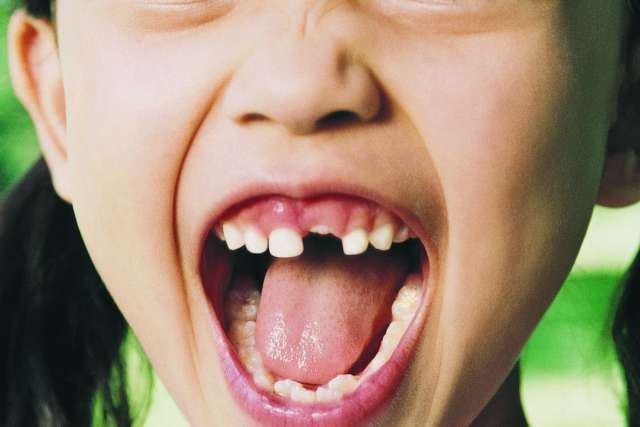FINDINGS
In a new study, UCLA Health researchers found that youth who experienced caregiving adversity (CA), described as having been mistreated or in foster care, had less variety in their oral microbiome compared to youth who remained living with their biological families. The same group also had more disease-causing bacteria in their oral microbiome, and their microbiome seemed less reactive to recent stress.
BACKGROUND
While researchers have studied the association between oral health and cardiovascular disease, Alzheimer’s disease, and diabetes, there is very little data about CA exposure and the oral microbiome. Poor oral hygiene and chronic disease are highly prevalent in this community, so the researchers wanted to dig deeper and study the oral microbiome in this group, especially because it is the second largest community of microbiomes after the gut. Previous research has found that this community of oral microbes has also been shown to differ decades after living in an unfavorable environment, showing the lasting impact of poor oral health. This study expands on that research by collecting samples during childhood.
METHODS
The researchers studied the composition and abundance of microbes in the mouth of 66 youth aged 6-16 years old who experienced CA, and 86 who remained with their birth families. They also gave them questionnaires about fatigue, physical complaints that were not explained by a medical condition, and internalizing symptoms.
RESULTS
The researchers found that CA group had less oral microbiome diversity, microbes that differed from the comparison group, and microbes that seemed less responsive to stress. This suggests that high stress levels can alter the oral microbiome and lead to a decreased richness.
IMPACT
While the authors say further research is needed on how these changes impact youth’s overall health, a potential intervention might be prebiotic supplementation, especially as the oral microbiome is a feasible entry point for nutrients and other minimally invasive treatments.
JOURNAL
Characteristics of the oral microbiome in youth exposed to caregiving adversity, Brain, Behavior, & Immunity – Health



